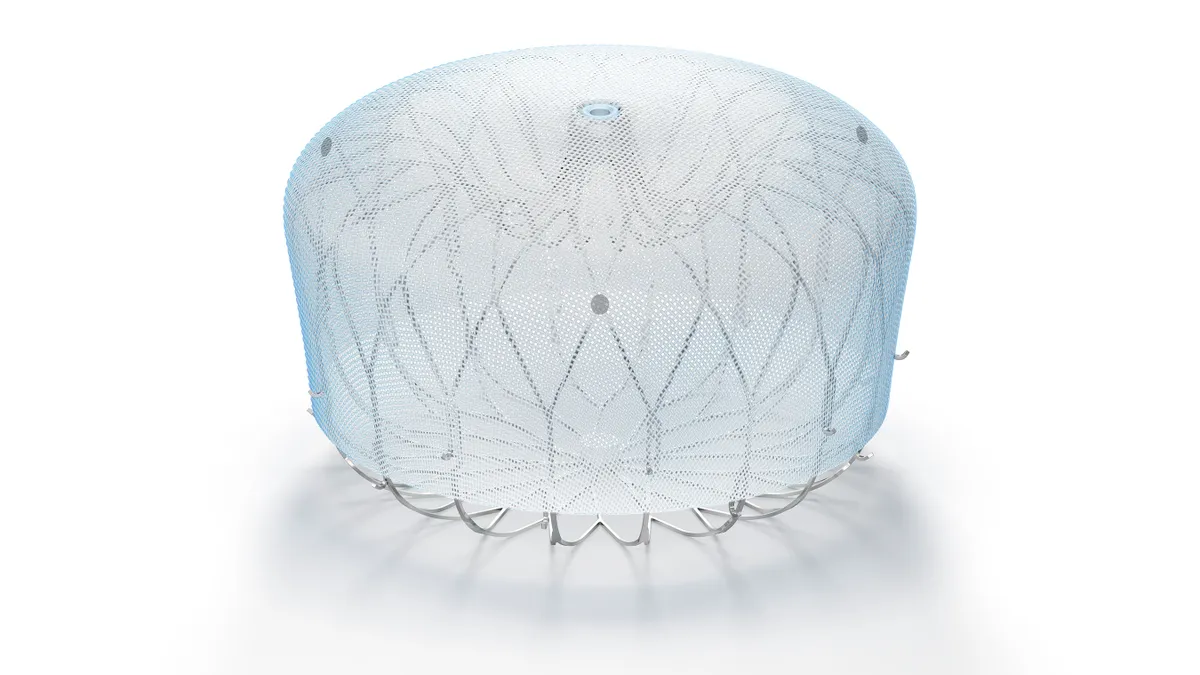Dive Brief:
- Labcorp has introduced a blood test for a biomarker of neuronal damage associated with neurodegenerative disorders.
- The assay tests for neurofilament light chain (NfL), a neuron-specific protein that is found at elevated levels in patients with conditions including multiple sclerosis and Alzheimer’s disease.
- While the association between NfL and multiple conditions means its role as a diagnostic market is limited, Labcorp sees value in viewing the results alongside other clinical information when assessing patients with neurodegeneration.
Dive Insight:
Prevalence of neurodegenerative disorders is rising in aging societies. In the U.S., 6.2 million people have Alzheimer’s and about 1 million have Parkinson’s disease. The ability to treat people with advanced neurodegenerative disease is limited, making early diagnosis vital.
Researchers have identified NfL as a potential way to accelerate the detection of neurodegenerative diseases. In multiple sclerosis, researchers have used NfL to detect the disease before routine imaging and the onset of clinical symptoms. Similarly, a study has associated elevated NfL levels with the presence of Alzheimer’s-characteristic amyloid-beta plaques in pre-symptomatic individuals.
While researchers have studied NfL, physicians have lacked a reliable, widely available test, according to Labcorp. The new assay, which runs on Roche Diagnostics’ electrochemiluminescence immunoassay, is designed to address that gap in the testing toolkit.
“Serial use of NfL testing can help doctors to follow trends that indicate the effectiveness of medicines or therapies, or whether there is continued injury or disease progression,” Joseph Volpe, neurology business segment and discipline director at Labcorp, said in a statement.
Physicians still may need to consider a range of factors that influence NfL levels when reviewing the test results. NfL levels rise with age and are affected by variables such as exercise. Studies have found levels are higher in the morning than the evening.











